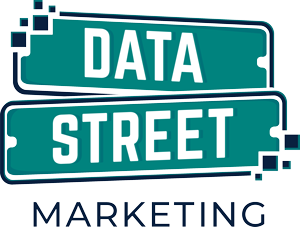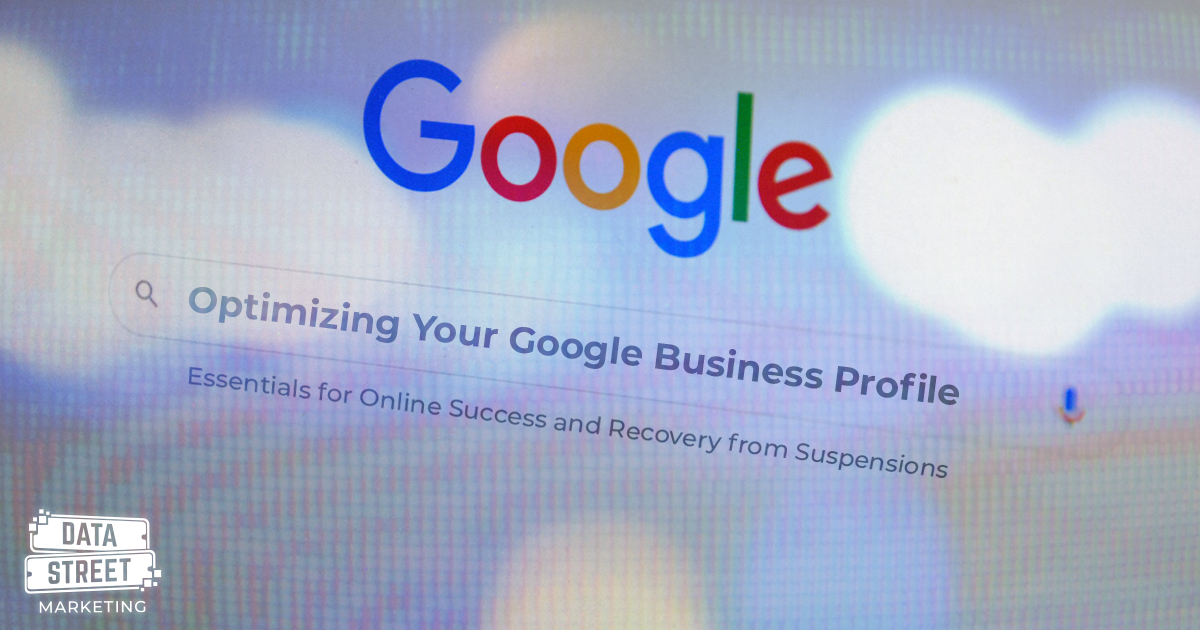Your digital marketing strategies can determine the success of your business. A high ROI is important for you to rake in more profit, so you need to invest in such strategies with a well-designed marketing budget.
A digital marketing budget will help you allocate funds to marketing expenses and strategies to increase your revenue. Quality digital marketing is a business’s curb appeal. It’s important to create a digital marketing strategy every so often to remain relevant to your target audience.
Setting a digital marketing budget is often the responsibility of team leaders in the marketing department, but it must be approved by accounting, finance, or upper management teams before it can be set. A rule of thumb for brands is to spend about 7-8% of the overall revenue on maintaining marketing activities. Of that 7-8%, about half should go towards new digital or traditional marketing initiatives and the other half towards pre-existing or traditional marketing.
Consequences of a Poorly Planned Budget
To avoid overspending or underperforming your goals, it’s important to calculate your budget carefully. Overspending could mean you lose out on profits that quarter while not allocating enough budget can mean losing out on leads. Hitting the mark requires strategy and trust in your digital marketing team.
The best practice is to use the formula above to calculate your percentage of spend, consult with a digital expert on the best options for your goals, and go from there. A digital consultant will not only help you strategize your campaign but will provide you with the metrics and results needed to report back to your executive team.
7 Tips for Planning Your Digital Marketing Budget
Here are some of the top best practices to keep in mind as you consider how to allocate a budget for digital marketing initiatives. Use these to guide your planning and strategizing around budgetary matters for the 2023 fiscal year and set your team and department up for success.
1. Set Up Your Sales Cycle
A sales cycle or funnel is the process a prospective customer goes through before buying from you. Understanding the steps in your sales cycle can help you break down the phases of research that lead to action or conversion. It’s important to know these steps so that you can allocate the appropriate amount of marketing spend for the right phase. These four levels along with the digital marketing material associated with each stage are your sales cycle 101:
- Awareness – ads, landing pages, video content
- Interest – blog posts, social media engagement, email marketing, or outreach
- Decision – webinars, videos, tutorials, reviews
- Action – freebies, discounts, promo codes
Knowing your audience by how they shop and make decisions can help you determine where you are in your marketing strategy and where to go to enhance your customer’s experience. A solid marketing strategy will encourage customers to move to the next stage. If you used digital ads in the previous quarter or year, you can assess the performance of each strategy and decide which level needs more marketing attention.
2. List Your Operational Costs
When making your marketing budget, you should consider other additional figures like operational costs when determining the amount you’re able to spend. A budget should be sustainable for your business, and there are certain expenses your business can’t survive without. This makes operational costs non-negotiable in the budgeting process.
These costs need to be taken care of and should be set up first so you know how much budget is available for other activities. Operational costs can include website hosting, SaaS subscriptions, platform costs, or other taxes and fees. You should also consider the cost of hiring employees, especially when the marketing campaign succeeds.
3. Review Last Year’s or Last Quarter’s Results
Knowing what works and doesn’t work in your digital or traditional marketing efforts is a crucial step in planning your digital marketing budget. Were certain campaigns more successful than others? How are you measuring the success of your campaigns? Via in-store sales or online conversions? And are you still in the process of setting up and improving your sales cycle?
Analyzing data from the previous year or quarter is going to help you reach the next step which is establishing your goals using the process of elimination. But just like your customer, it’s important to understand where you are in the sales cycle. For example, let’s say you used paid ads to target a specific storefront. Your foot traffic increased but sales haven’t yet picked up. Here’s your chance to get creative with your sales cycle. Offer incentives or shift part of your budget towards a targeted email campaign.
Also keep in mind that when reviewing your previous year or quarter, the channels that worked for you are still likely to, so you should prioritize them in your budget. However, what hasn’t worked should be reassessed and analyzed for its effectiveness. If you spent $10,000 on social media ads and haven’t seen any traction, it’s likely that you won’t see an increase in sales in the upcoming quarter.
4. Establish Your Goals
Once you’ve sorted through the success factors of your previous campaigns, you’ll want to ask yourself what your goals are for the upcoming quarter or year. Having goals helps you determine which types of campaigns you’ll need to achieve them and how much of your budget will go where. This step is critical because having clear goals is what helps you maintain an organized budget.
Your goal may be to achieve a particular profit margin but think about the smaller picture. Here’s where you remind yourself of your sales cycle and where it needs work. Are you creating more brand awareness of your business and need to invest in a social presence? Are you needing more content to generate more traffic and increase your rankings while improving your customer’s research phase?
5. Scope Out the Competition
No task is too small when it comes to establishing your sales cycle with precision, but having a clear assessment of your competition helps tremendously. Research the marketing strategies, content budgets, types of content they are producing, and areas and demographics that are being targeted. Is there something that isn’t being done that you can capitalize on in your industry? Examine your competitors’ marketing and advertising strategies to know what process can work for you.
6. Determine Your Marketing Strategy
With all the pre-planning and research out of the way, it’s time to create your marketing strategy. You may know you need a targeted display, targeted video, and a landing page, but have you decided on the target audience for your display campaign?
Whether you are planning for the year or quarter, the most effective way to stay on top of your ever-evolving marketing strategy is to hire a professional consultant. Digital marketing specialists or strategists are experts at analyzing business goals and will know the top trends needed for you to succeed and can even help reduce the costs of your paid marketing spend.
Marketers know the products and services like the back of their hands as well as best practices that can help get you the most out of your campaign. It’s always better to have someone in the know than to wake up to a canceled social media ad or targeted display campaign and have no idea how to rectify it.
7. Determine the Overall Budget Costs
Now that you know what’s worth investing in, where you’ll be investing, and what additional costs need to be considered, you can finally solidify your marketing budget. If you aren’t hiring a digital marketing agency to assist you with your budget and tackle your campaign goals, you’ll have to consider the overall costs of each activity for your goals along with the labor costs of facilitating the campaign. This is another reason why digital marketing experts can be essential in achieving your goals. For example, you want a video produced that you’ll use for a streaming video campaign. You’ll have to factor in production costs, ad placement, targeting parameters, and best practices when planning your budget. A digital agency like Data Street Marketing can factor in production within the overall advertising budget of that particular campaign. That said, a digital marketing budget often includes digital marketing consulting within the overall costs.
Hire a Digital Marketing Consultant to Help You Achieve Your 2023 Business Goals | Data Street Marketing | Jackson, MS | Meridian, MS | Dothan, AL
While it seems like a daunting task, establishing a digital marketing budget paves the way for a better strategy that will elevate your company’s success. Without a balanced budget for your marketing team to work with, it will be difficult to reach your goals. Luckily, Data Street Marketing is experienced in establishing marketing budgets, strategies, and competitive analyses for a variety of businesses, small or large. You can trust us to establish a solid strategy that will help you reach your business goals in 2023. If you’re a business owner in Jackson, Meridian, or Dothan, AL, contact us today to see how we can help.







